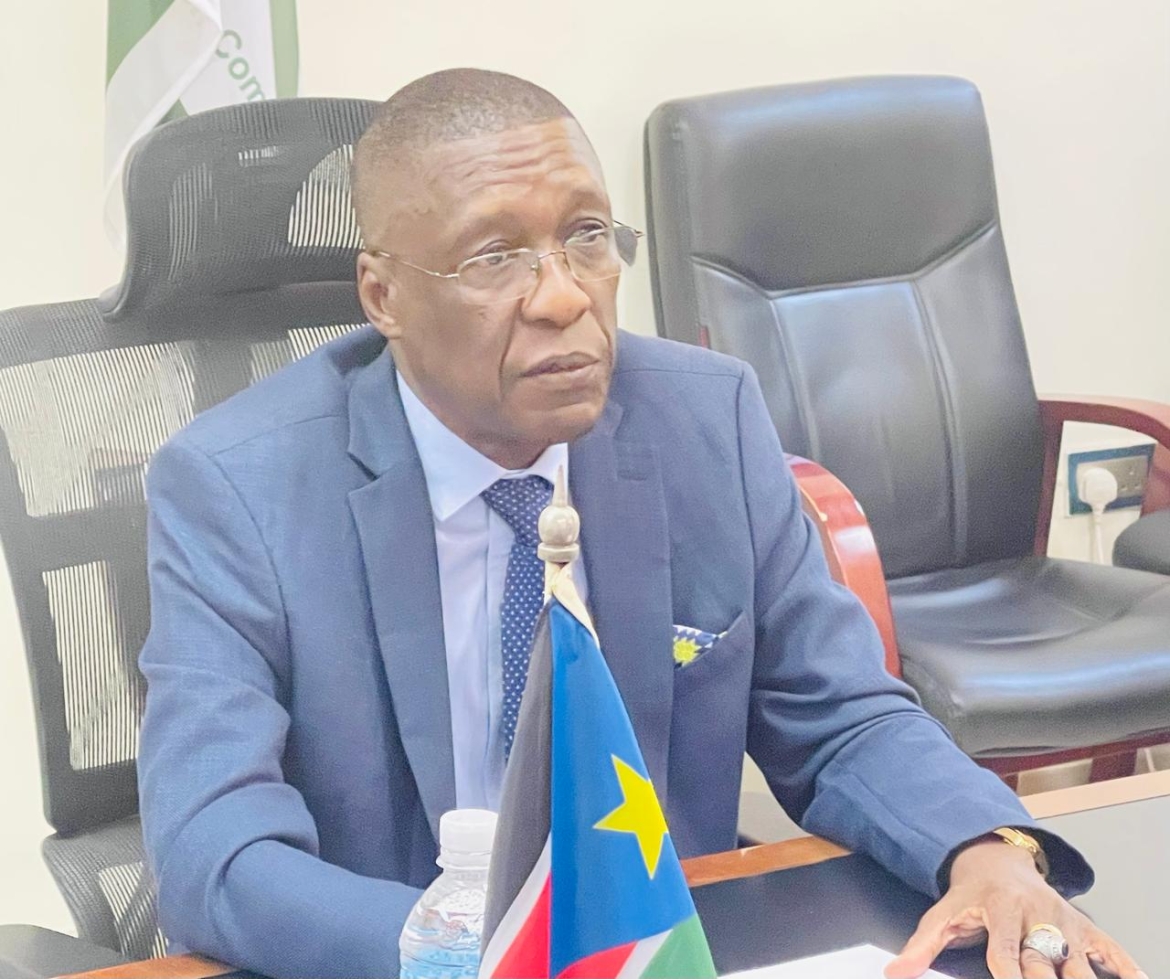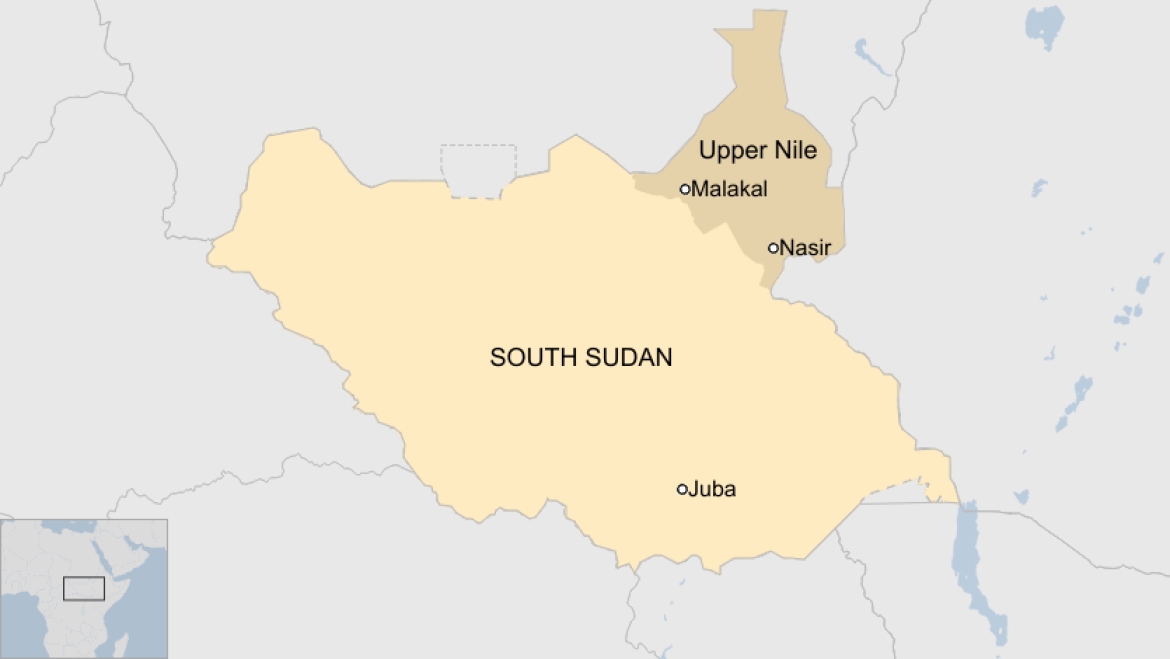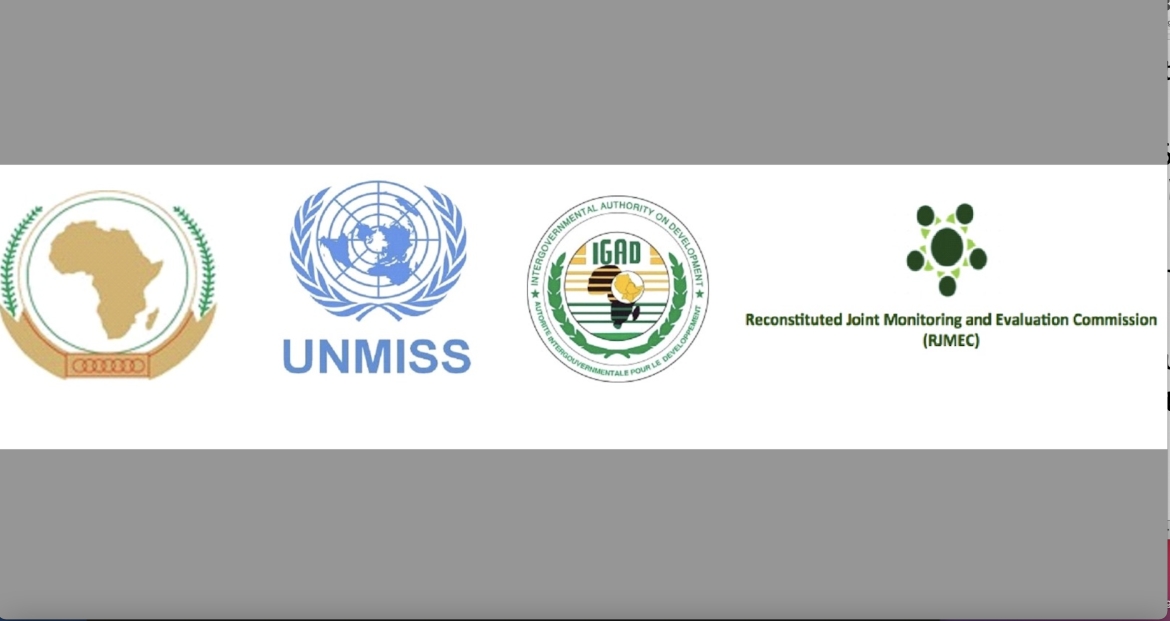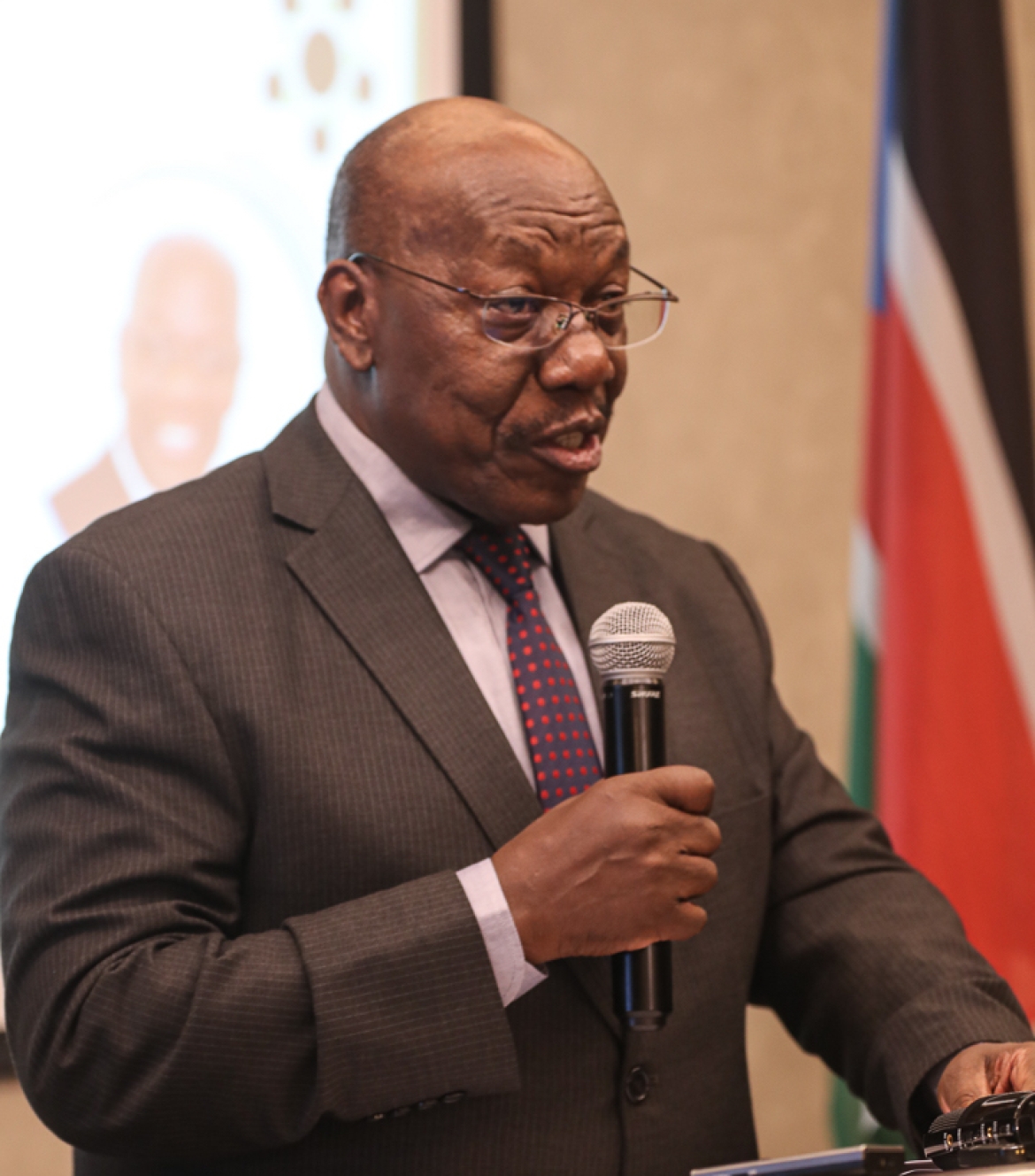Humanitarian situation in South Sudan remains dire, says JMEC
The humanitarian situation in South Sudan remains dire with approximately 4.2 million people displaced of whom 2.4 million are seeking refuge in neighboring countries, the Joint Monitoring and Evaluation Commission has said. In its quarterly report covering December 1, 2017 to March 31, this year, the Commission notes “food insecurity is widespread”.
“It is reported by the United Nations Office of the Coordination of Humanitarian Affairs (UN-OCHA) that 5.3 million people are currently food insecure, with at least one million of those estimated to be on the brink of famine,” the report reads in part.
“Compounding the situation, problems continue to be faced with respect to the protection of civilians and access to humanitarian aid and services to those most in need. On a positive note, a cholera outbreak, which broke out in 2017 was declared over in February 2018,” it added.
The report submitted to the Inter-governmental Authority on Development (IGAD) said “serious violations of human rights and international humanitarian law continued through 2017 and early 2018”
“Some of the most egregious violations reported by the Commission on Human Rights for South Sudan in March 2018 include targeted killings, the recruitment of children by armed groups; rape and gang rape of children, women and men, looting and destruction of property,” the report said.
“The near total absence of accountability for these crimes has encouraged their continued perpetration. Accountability measures and mechanisms proposed in Chapter V of the ARCSS are yet to be established. Impunity has become entrenched thereby complicating prospects for healing and reconciliation,” the report continued.
Regrettably, the report notes, the economy continues to experience a noticeable decline compounded by high inflation and a deteriorating exchange rate.
On the fiscal front the Transitional Government of National Unity (TGoNU) revenues “are being severely affected as it seeks to pay down arrears due to the government of Sudan under the Oil Agreement, thus placing a tremendous burden on the government’s ability to meet its other spending obligations.”
Read the full report here: http://jmecsouthsudan.org/index.php/reports/jmec-quarterly-reports/77-jmec-quarterly-report-to-igad-on-the-status-of-implementation-of-the-arcss-from-december-1st-2017-march-31st-2018/file





